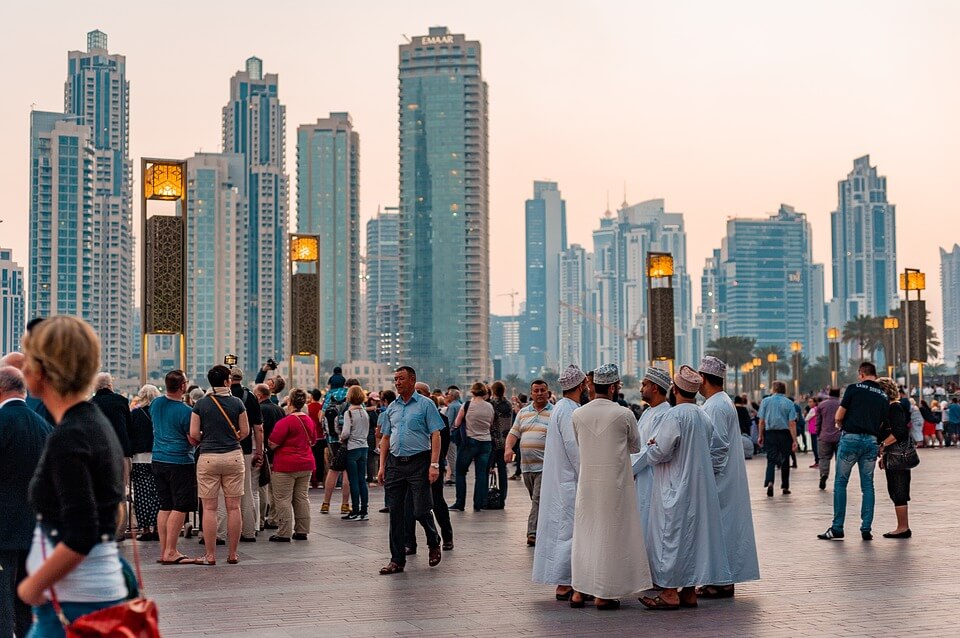Choosing Between Modern Standard Arabic and Dialect: A Guide

Enhancing Cultural Awareness Through the Arabic Language: A Multifaceted Journey The decision to embark on the journey of learning Arabic is a commendable one, given the language’s rich history, cultural significance, and its role in international communication. However, as you delve deeper into this decision, you’ll encounter an important question: Should you start with Modern […]

